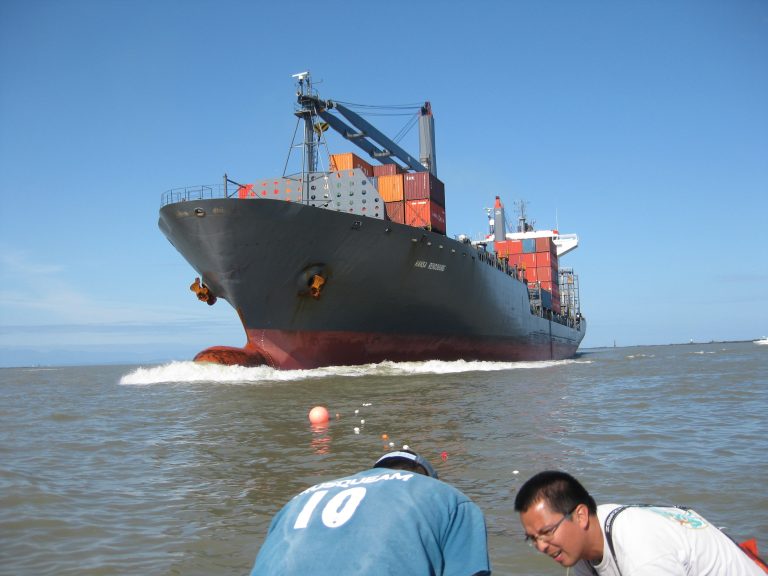Indigenous and coastal communities in Canada are increasingly finding that the ocean and marine resources are off limits, new research suggests.

Photo: Richard Sparrow
With more boat traffic, fewer fish, more conservation activities, and commercial licenses going to corporations, it is becoming harder for Indigenous and coastal communities to access the fish and areas of the ocean they need for food, jobs, and cultural practices. This is negatively impacting coastal communities across the Pacific, Atlantic, and Arctic coasts of Canada, who believe not enough is being done to address the issue.
These were the sentiments expressed at a meeting hosted at UBC in June 2017 that brought together Indigenous fishers, small-scale fisheries representatives, non-governmental organizations, and university researchers.
Led by researchers Nathan Bennett, of UBC, and Megan Bailey, of Dalhousie University, the group recently published a paper that documents the plight of coastal communities in Canada. They say that access for coastal and Indigenous communities should be a priority consideration in all policies and decision-making processes related to fisheries and the ocean in Canada.
Richard Sparrow, project manager of natural resources with the First Nations Fisheries Council, who is Musqueam:
“The Supreme Court of Canada ruled that a First Nation has the priority right to fish second only to conservation. Yet when I am out on the Fraser River and see a large tanker coming my way, I have to stop fishing and move out of the way. Competition over space and fish is becoming more difficult with declining salmon stocks and increased pressures of shipping.”
Nathan Bennett, postdoctoral fellow at UBC’s Institute for the Oceans and Fisheries:
“Vibrant coastal communities are an important part of the Canadian economy but when the ability to access and benefit from marine resources is taken away, this has a big impact on people in these communities. Concrete actions are needed now to reverse the current trend and ensure that coastal and Indigenous communities thrive in the future.”
Megan Bailey, an assistant professor of marine affairs at Dalhousie University:
“We have to think about what kind of future we want as it relates to the ocean. Do we want the ocean to remain an important part of our culture and economy, and do we want to ensure that fish continues to land on our dinner plates? If so, access, both in the present and inter-generationally, needs to be a priority.”
This project is part of the OceanCanada Partnership, which was made possible through a Partnership Grant from the Social Sciences and Humanities Research Council (SSHRC) of Canada.
Tags: Aboriginal fisheries, British Columbia, Canada, Indigenous fisheries, IOF postdoctoral fellows, Nathan Bennett, OceanCanada